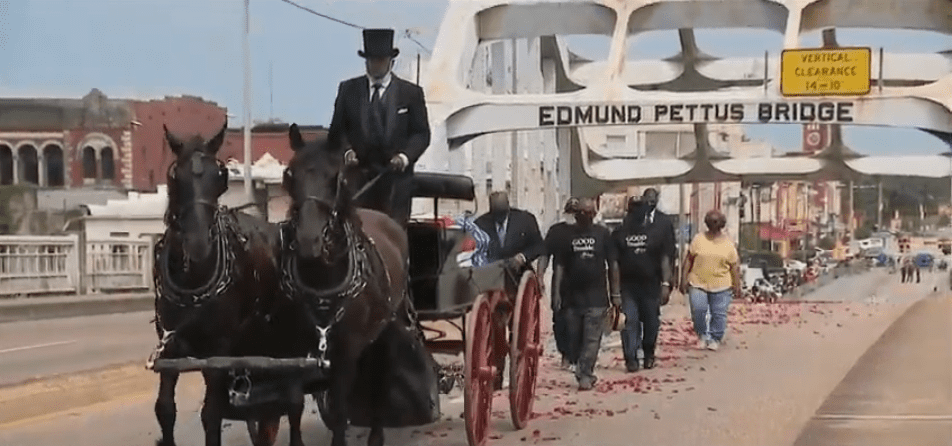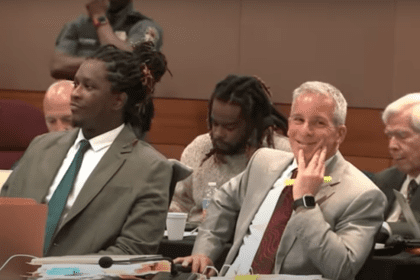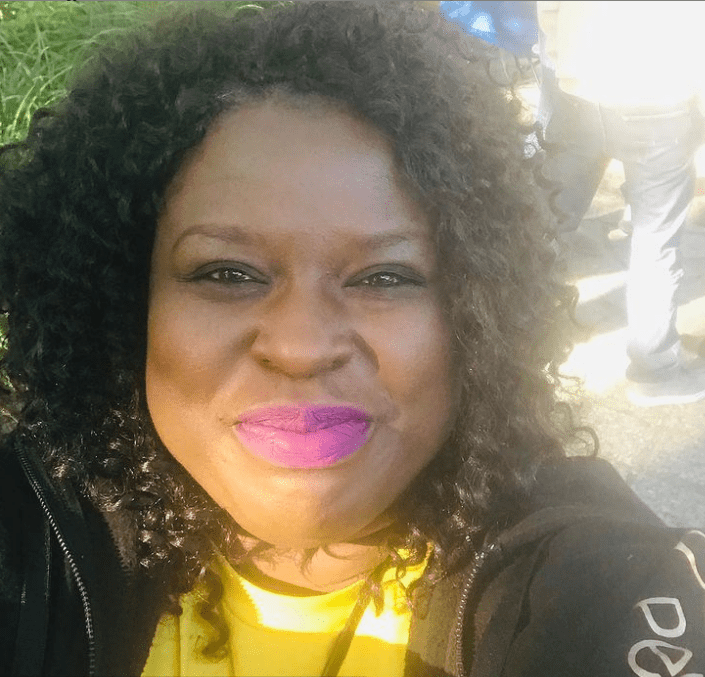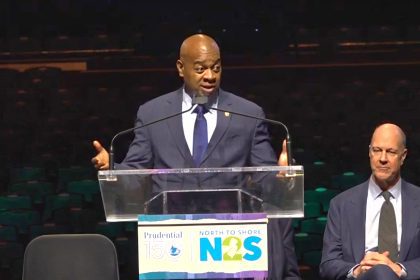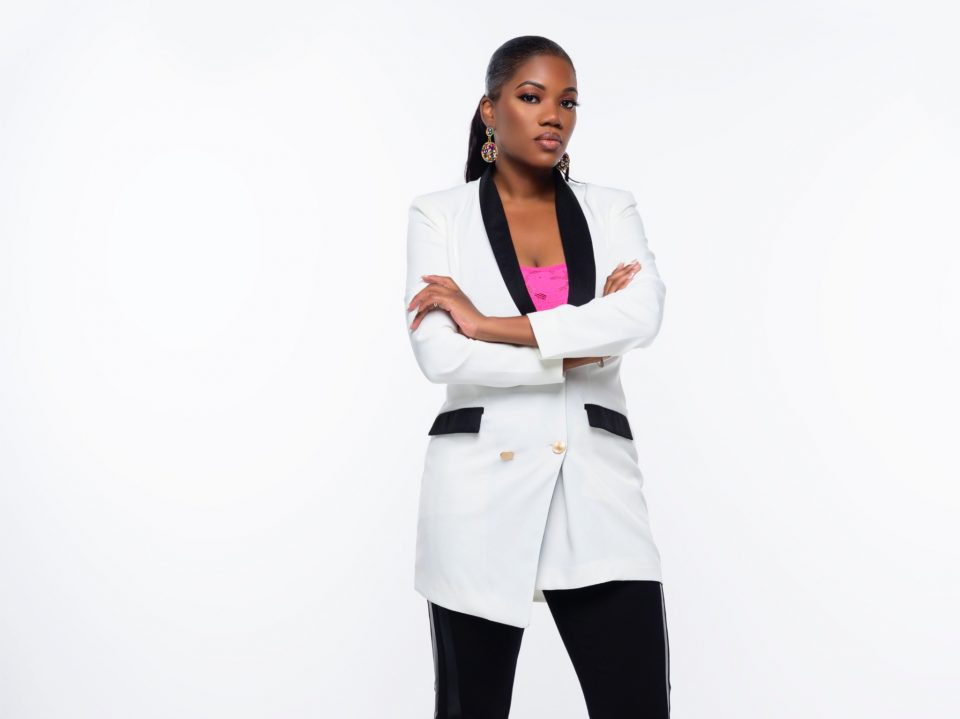
Kianna Chennault is the managing partner of Chennault Legal and Consulting Group. CLCG is a full-service law firm offering litigation and transactional services and specializing in business litigation and civil rights located in Atlanta, Georgia.
Chennault spoke with rolling out about creating her own law firm.
What inspired you to create your own law firm?
Right out of law school I worked for a federal judge and did that for about a year. Then I worked as a prosecutor for the Fulton County District Attorney’s Office, which is one of the largest district attorney’s offices in the southeast. I prosecuted a lot of crimes, and I’ve seen at least 2,000 cases. Most of the defendants were Black males.
In 2020, I just began to feel like I was more part of the problem and not part of the solution, and I knew that I couldn’t continue there for much longer. In 2021, I decided to open my own law firm. My passion has always been to do civil rights, but I fused business into it because all around me, people were opening businesses, Black and Brown people were opening businesses, and I just really saw the need and knew that people weren’t necessarily building their business structurally and legally intact. I see entrepreneurship as a way to close the wealth gap between Black and Brown people, and while I was working as a prosecutor, I saw directly how money changes how someone matriculates into the justice system.
As an attorney or prosecutor, how do you walk the line of staying professional but also fighting for what’s right?
The good news is I don’t have to walk that line anymore, now that I have my own firm. If there’s a client and there’s a case that I believe in, then that’s just it because I don’t have to answer to anyone, I answer to God. He’s the only one that answers you. Besides that, no boss is saying, “You got to offer him this. I don’t care what the facts are. He has five felonies. You have to offer him this.” I’m able to be a lot freer and I’m able to speak. I remember when I was working as a prosecutor when the Ahmaud Arbery situation happened, they had a right in Georgia where I couldn’t say anything and I was muzzled. I was outraged. Now I don’t have to do that anymore. I found a lot of freedom in having my own firm, but when it comes to court, there’s the quantum, there are legal arguments, and there are nonlegal arguments, so I can’t necessarily go to court and say, “Hey, this happened because this person was Black.” After all, that’s not a legal argument. You have to find ways to be creative within the confines of the law.

